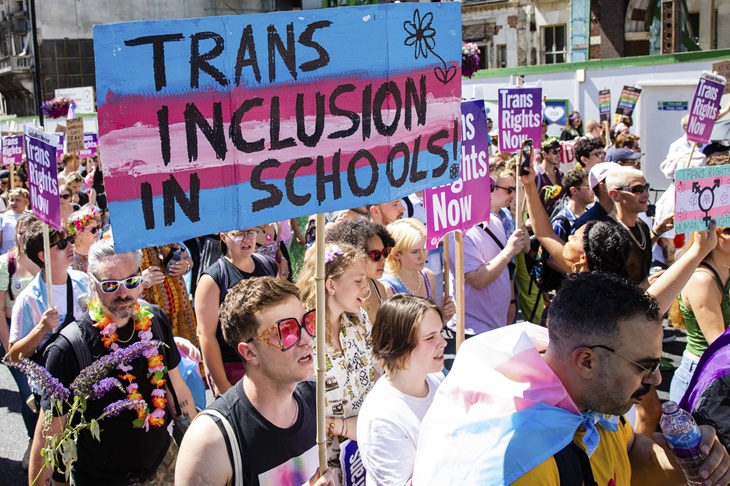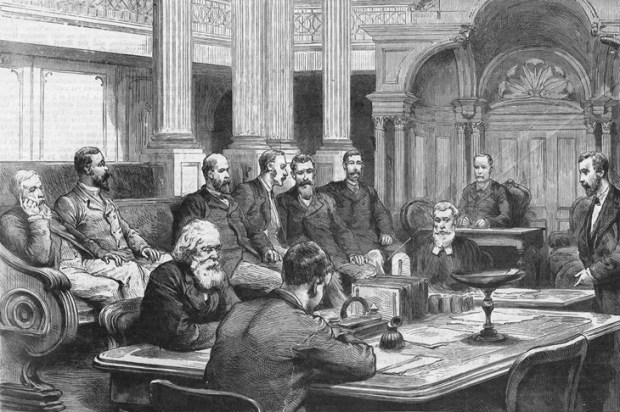‘Belief Bashing’… That is what some have nicknamed Greenwich Bill sitting before the NSW Parliament. I would argue it is more than that. In my opinion, the Equality Legislation Amendment (LGBTIQA+) Bill is self-destructive to everyone who lives beneath the echelons of power and privilege.
Included in this Bill are a package of legislative changes that begin to redefine who we are as a society.
Already a subscriber? Log in
Subscribe for just $2 a week
Try a month of The Spectator Australia absolutely free and without commitment. Not only that but – if you choose to continue – you’ll pay just $2 a week for your first year.
- Unlimited access to spectator.com.au and app
- The weekly edition on the Spectator Australia app
- Spectator podcasts and newsletters
- Full access to spectator.co.uk
Or


























Comments
Don't miss out
Join the conversation with other Spectator Australia readers. Subscribe to leave a comment.
SUBSCRIBEAlready a subscriber? Log in